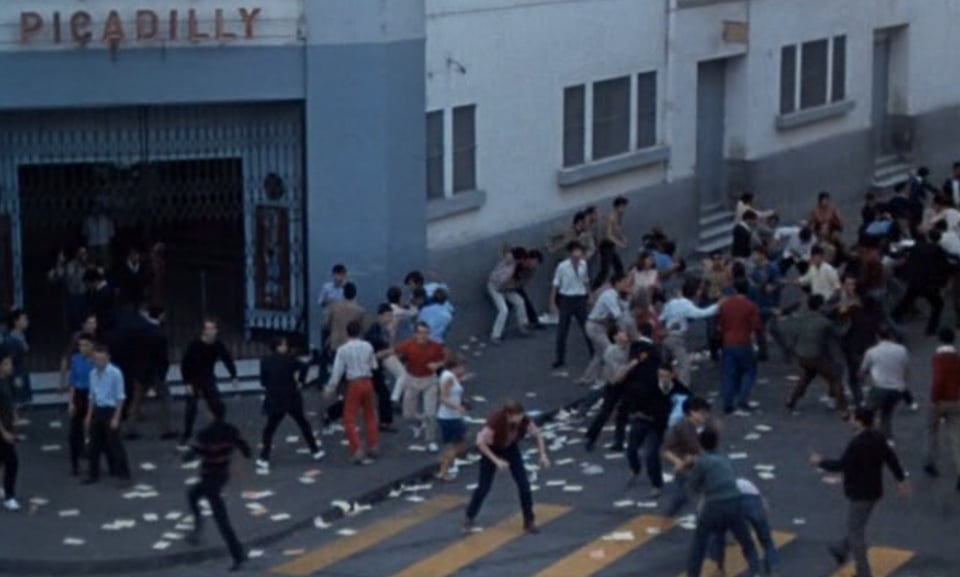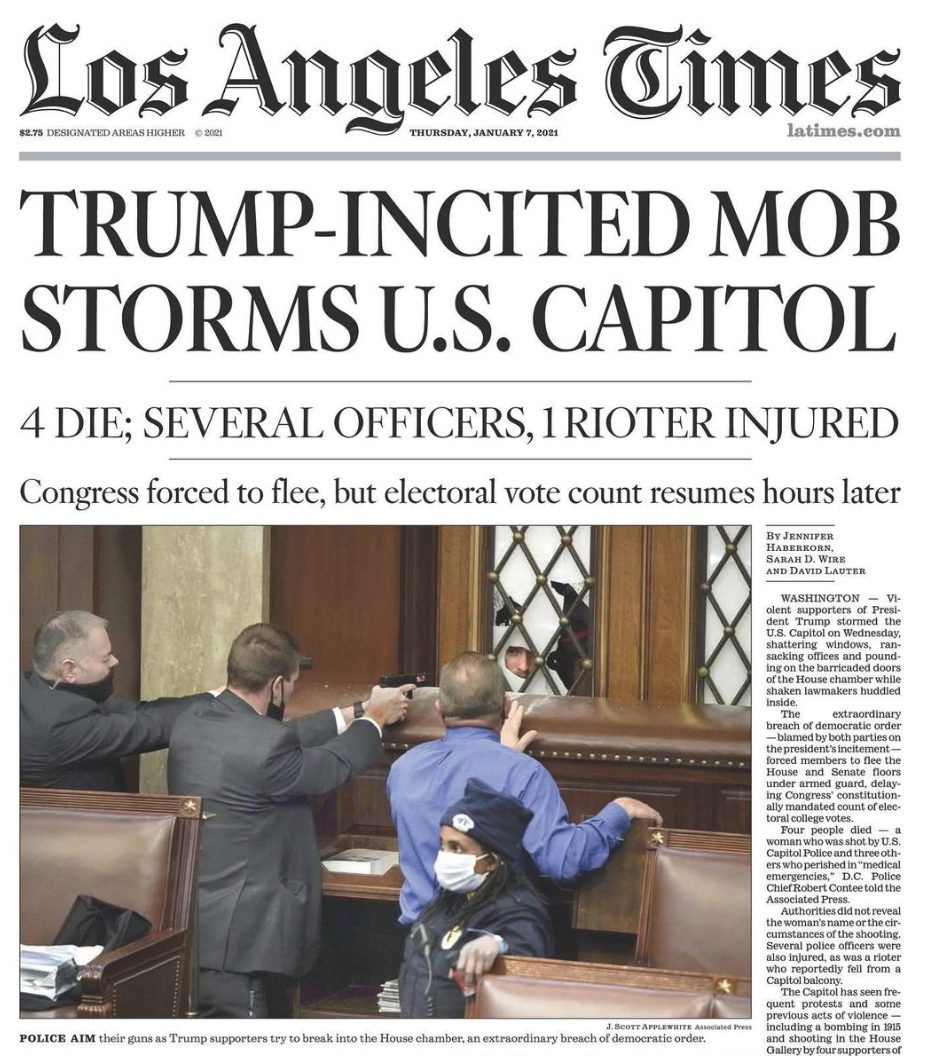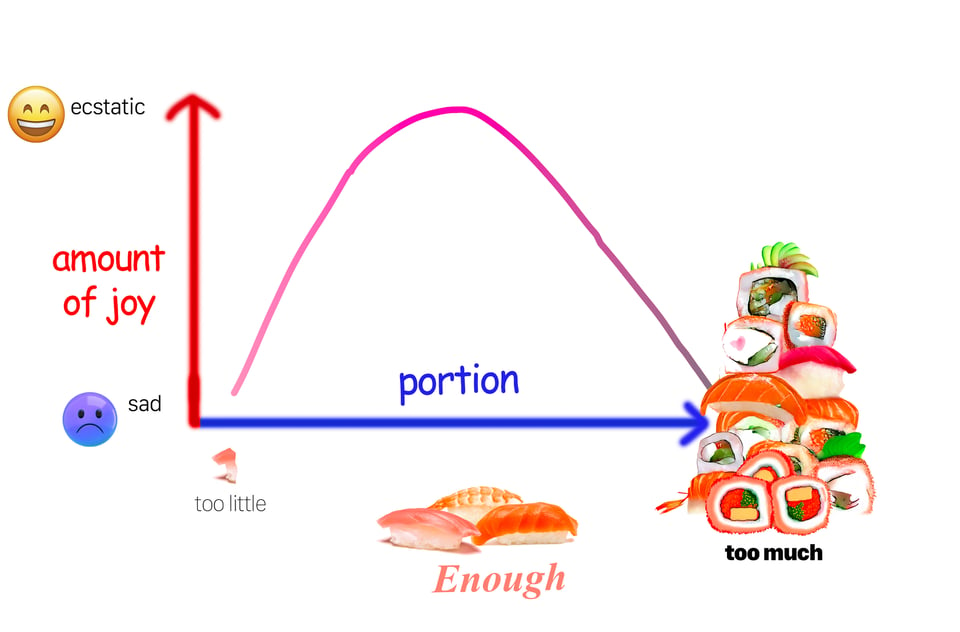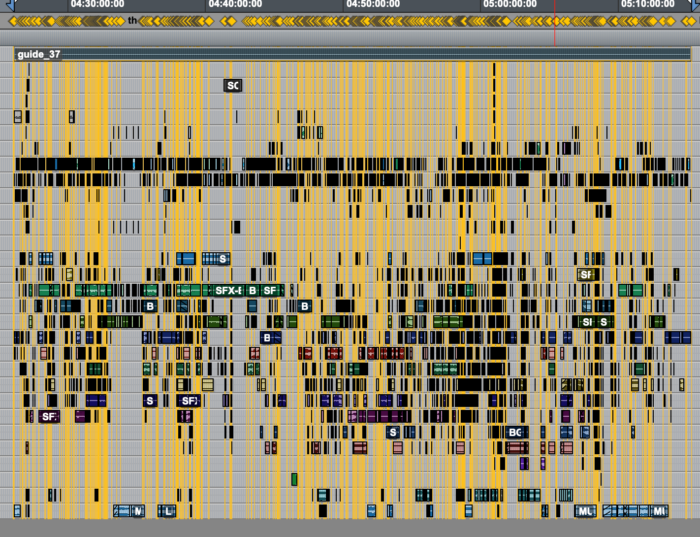99% of people who participate in Multi Level Marketing schemes lose money. Only 1% make money. If that 1% sounds familiar, it’s because the people running the GOP are experienced MLM scam artists who’ve turned their pyramid scheme expertise into political power.
Betsy DeVos (Amway fortune) ran Trump’s Education Department. Ben Carson (Mannatech pitchman) ran Housing and Urban Development. Trump himself made millions hawking ACN and the Trump Network to desperate Americans.Meanwhile, you won’t find a single Democratic cabinet official with a comparable MLM background – and Democratic administrations keep trying to shut these schemes down while Republicans protect them.
In 2025, the biggest MLM scheme is crypto. The Trumps have made $2.9 billion in crypto while 764,000 wallets of mostly small holders have lost money on $TRUMP and 38% of crypto investors have lost more money than made it. Same scam, digital wrapper – promise easy wealth to desperate people, extract maximum profit, then blame the victims when it all collapses.
This isn’t some weird coincidence. The psychology that keeps people trapped in MLMs is the exact same mindset that drives modern conservative politics. And the people who’ve gotten rich off pyramid schemes have figured out how to scale that con to an entire political movement.
How They Hook You
Here’s the thing about MLMs: “the culture of MLM marketing is deeply interwoven with conservative political culture—and evangelical, and Mormon, religious culture”. That’s not an accident.
When you’re running a business where 99% of people lose money, you need some serious psychological tricks to keep the marks coming. You have to convince people that their failure is their own fault, that success is just around the corner if they believe hard enough, and that anyone who criticizes the system is just a “negative thinker” who hates success.
Sound familiar?
Why It’s Always “Your Fault”
Personal Responsibility Theater: Amway founder Richard DeVos had it down to a science: “Those who really want to succeed, succeed, and the others didn’t try hard enough”. Poor? That’s on you for not trying hard enough. Sick? Should’ve bought better supplements. Homeless? Clearly didn’t have enough faith.
“Free Enterprise” Bullshit: Amway literally called itself “American Way” – wrapping their wealth extraction scheme in flag-waving patriotism. Any attempt to regulate them becomes an attack on America itself.
How They Keep You Trapped
Inside this bubble: – Criticism proves the critic is morally defective – Facts that contradict the system are just “negativity” – The rare success stories prove the system works – When you fail, it’s because you didn’t believe hard enough
Replace “MLM” with “conservative politics” and you’ve got the exact same playbook.
Why They Got Into Politics
The smartest MLM operators figured out they could take this psychological framework and apply it to an entire political movement:
- Anti-regulation becomes patriotism: “Government destroys opportunity”
- Victim-blaming becomes virtue: “Poor people just don’t work hard enough”
- Inequality becomes proof of merit: “Rich people deserve their success”
- Expertise becomes elitism: “Professors and scientists are just jealous haters”
“Five members of the House Republican caucus are also Amway distributors” – they’re not just selling soap, they’re selling a worldview.
“Always hit back. Never apologize.”
Here’s the kicker: the deeper you get into defending scams, the harder it becomes to admit you’re wrong. You have to face the fact that you’ve been ripping off your friends, family, and neighbors. You have to admit your entire worldview about success and failure is bullshit.
So instead, you double down. You become more militant about defending “free markets.” You get angrier at government regulation. You convince yourself that you’re not exploiting people – you’re giving them opportunities they’re too lazy or stupid to take advantage of.
Roy Cohn, who defended Joe McCarthy and mentored Donald Trump, said “Always hit back. Never apologize.” The same man who spent years vilifying gay men died of AIDS.
The most successful MLM participants become the most reactionary precisely because they know what they’re doing is wrong. The ideology becomes a psychological shield that lets them feel moral while acting like sociopaths.
The Big Picture
This is why the MLM problem isn’t bipartisan. It’s not that Democrats are saints – it’s that the entire conservative movement has been captured by people who’ve made fortunes convincing others that up is down, that exploitation is opportunity, and that the system working exactly as designed is somehow the victim’s fault.
When 1% of people make money off the other 99% losing everything, and that 1% ends up running the government, you have the biggest scam of the century.
“You’re just hating on successful businessmen like Elon Musk who are going after waste, fraud and abuse.”
Elon Musk operates a textbook pump-and-dump scheme across his ventures, repeatedly making grandiose promises to inflate valuations before moving the goalposts when deadlines arrive.
Tesla’s “Full Self-Driving” has been promised annually since 2015, with Musk himself admitting in 2023 he was “the boy who cried FSD” while the company delayed its robotaxi unveiling from August to October 2024 after promising fully autonomous vehicles by 2020. Neuralink promised human trials by 2020, then 2022, but didn’t begin until 2024 while raising funds at an $8.5 billion valuation despite competitors being ahead in regulatory approval. The Boring Company promised $10 million per mile tunnels but scrapped projects in Los Angeles, Chicago, and Baltimore while industry experts dismissed Vegas tunnels as a “vanity project.”
The pattern is classic: hype investors at shareholder meetings then dump billions in stock the next day, all while Tesla’s lawyers now argue his promises were merely “aspirational.” Except for that $5k DOGE dividend check. That will be coming any day now. Just like all the evidence of waste, fraud and abuse.
p.s. Of course: “A shady pro-Trump PAC is scamming supporters with fake ‘Doge Checks,’ claiming people can receive $5,000 payouts.”






















